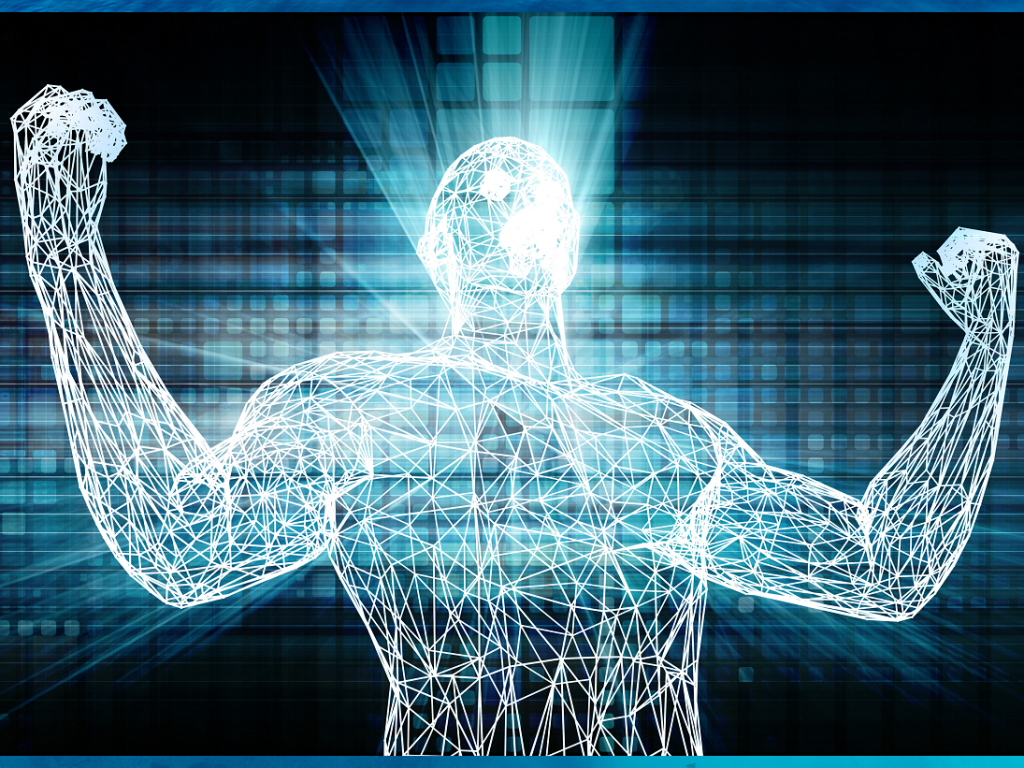Psychiatry and challenges in the school and home systems
Some sensitive children learn that restraint and depression are rewarded. When we have too many visible emotions, this does not fit well in many situations, both in the family system, in kindergarten and at school. Children with a lot of energy in them can have great challenges in staying calm at school. They feel many inner impulses from their authentic selves, and may learn from both parents and school that these must be suppressed. Depression can be seen as the oppression of one's authentic self. When we are taught in childhood and adolescence that we must calm down and be quiet, we are rewarded for keeping our emotions down and holding back. It is important to be aware that adolescence is usually the most powerful period in our lives. We have a power we have often not fully learned to cultivate and provide. We see that more people in early adulthood struggle with depression, because they have learned to adapt and hold back to fit in. When we hold back, thoughts and a critical inner voice are created. This critical voice is activated when we put ourselves in similar calm states in life. Both the mental, emotional and physical reflect the same state in us. We have created a pattern where we put ourselves in a depressing state, with depressing thoughts and feelings.
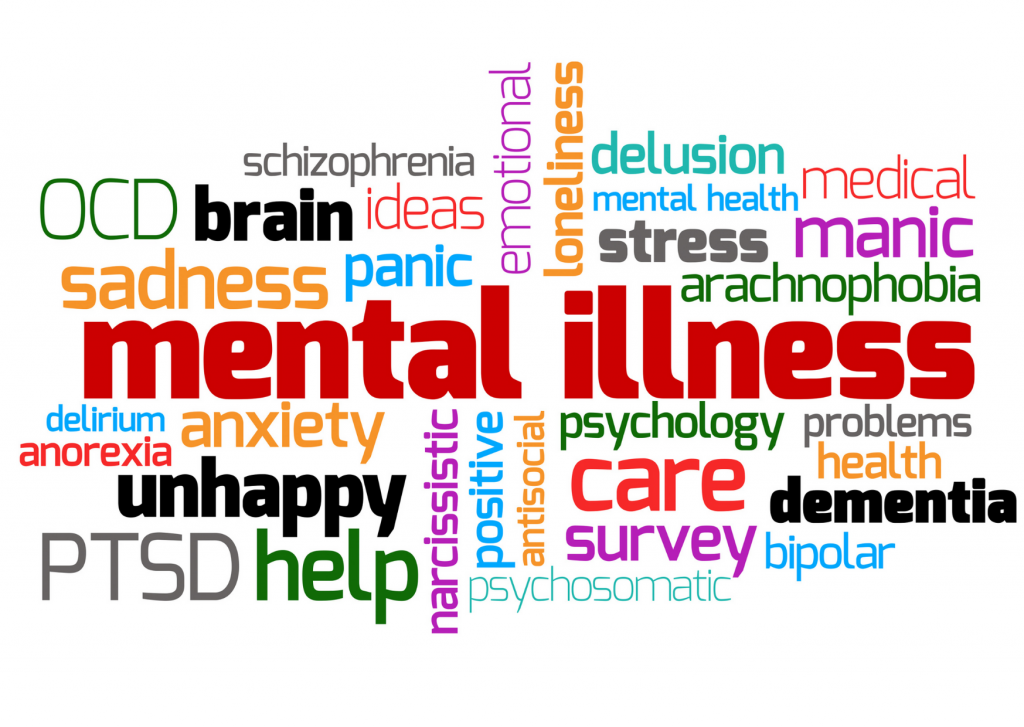
Several children and their mothers have told me about negative experiences in school and kindergarten. For these, it has been difficult to adapt and follow the order and learning model that is practiced. Alexander found the school deadly to his personality and snuck away if he could. At the same time, he was conscientious and wanted to adapt, and in this adaptation he suppressed more and more of his authentic self. During conference classes, teachers expressed that Alexander often seemed distant and changed his mind. He did not follow the teaching and the theoretical subjects well enough. He received little adaptation from the school system, and Alexander simply learned a depressing demeanor and strategy by holding back. In gym classes and other creative subjects, there were rarely any challenges for him. These hours he enjoyed very much, and looked forward to them. The good social cohesion among friends was the most important factor in Alexander's endurance at school.
I think it is important that we ask ourselves what competence and what values are nurtured at school and in our systems. There has been far too little emphasis on knowledge and competence that has to do with attitudes, values, emotional / social competence and cooperation. In old learning systems, we have listened to the truths of the authorities and taught the children to be in a victim role. We know that many of the systems we have can simply be harmful to our children, and yet we let this happen. There is still a lot that does not work. Statistics that show that more and more young people are experiencing mental challenges, show us that we have more fields and systems that affect us in a negative way. As parents, teachers and leaders, we need an awareness of what our contribution is in relation to the roles we have. In recent decades, the Norwegian school systems have focused more on cooperation and community, which tells us that we have now approached a greater holistic understanding of inclusion.
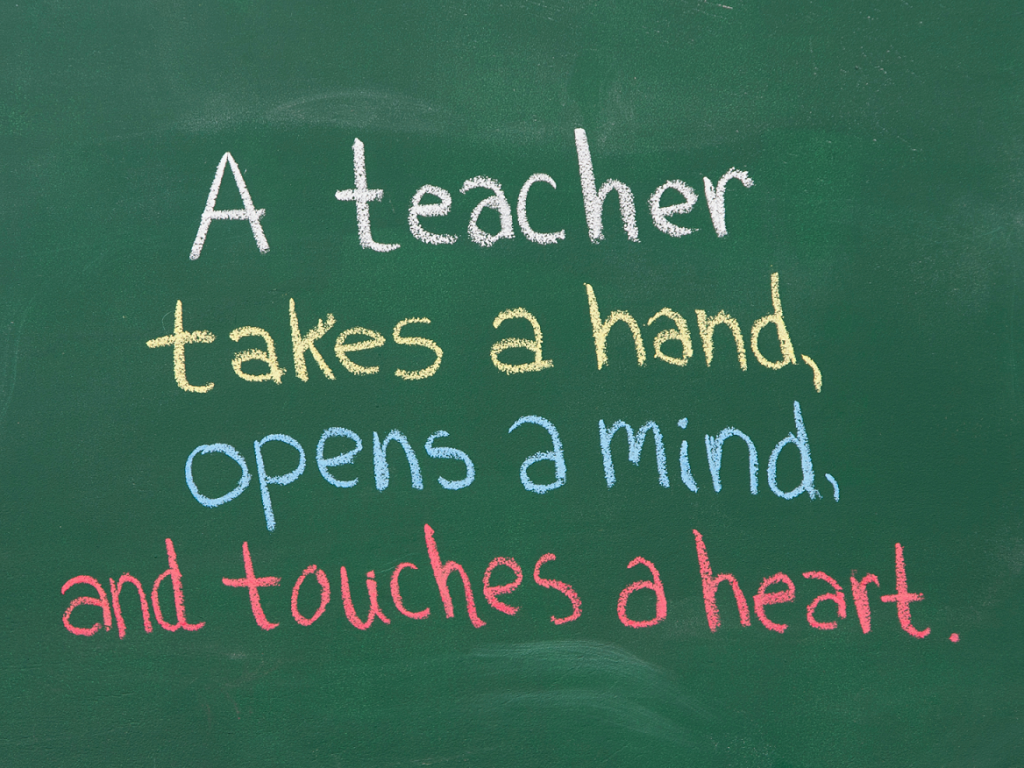

“Education mainly consists of what we have learned. I have never let school disrupt my education. ” - Mark Twain.
What is the mission of the teachers? If we as parents or teachers fail to see the importance of our task, it affects our children and their future. From the outside, it may seem as if the Norwegian school system still has a lot of rigidity from the old mindset. It is designed for children and parents to listen and accept society's prevailing frame of mind. When we as parents address challenges with the school system, the burden of proof is most often placed on our children. This also happens in other systems where it is the vulnerable who bear the burden of proof, and where authorities and professional groups defend each other and the system of which they are a part. When we cover for each other, practice camaraderie and allow dishonesty in the system, this will always backfire on us in one way or another.
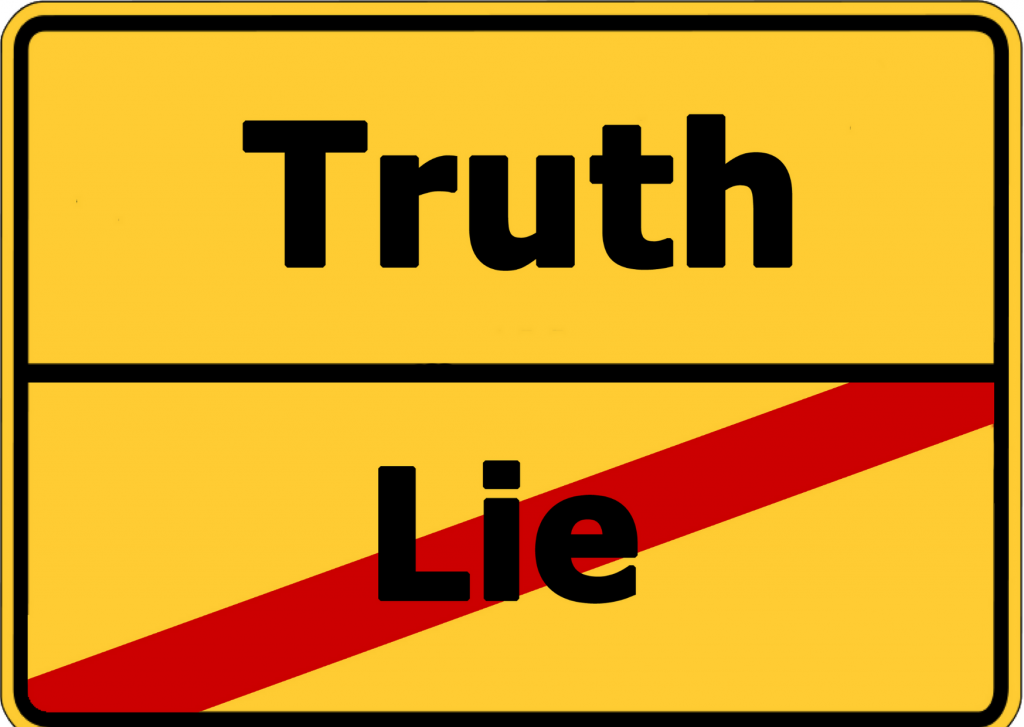

My experience as a teaching assistant in primary school and as a therapist in mental health care is that the most effective learning and health method is about relationship and connection. There are an enormous number of good theories, knowledge, models and forms of treatment both in the education systems and in the health systems. What ultimately is decisive for the results is about the quality of the relationship. The attitudes and emotional availability of teachers and caregivers are the most crucial factor in teaching and in mental health care. Most patients in mental health care are sensitive people. They usually have coping strategies that are less favorable from early relationships in close family or from different systems. Kindergarten and school can give sensitive children unfortunate patterns early in life.
Psychiatrist Trond Aarre [1] believes that mental illness is stigmatized among employees in mental health care. He believes that patients are harmed by experts coming and telling them what is wrong with them and how healthcare professionals can fix it. Many of the employees in mental health care have their own experiences as users, and there is little talk about this. Aarre believes that there has been an artificial separation between us normal and the others . He believes that stigmatization of mental illness is related to the medical model mental health care works by. Quitting the medical model would be liberating for many. Aarre believes that the biggest problem is that doctors look up books instead of asking the person what is wrong. They follow rules about which procedures and methods to use. When we ask a question from a form, instead of talking to the person, we only get answers and not the stories of the individual.
Aarre believes that the way of looking at mental health is wrong, and that the medical model also does not give good treatment results. Aarre says that if there are mental illnesses, then we have not been able to describe them. Today, there are about 400 mental diagnoses, and new ones are coming all the time. Many people actually get really sick from what is called severe mental illness. Aarre points out that one third of those who are diagnosed recover, one third live well with it, and one third do not recover. When this is the case, it is not tenable to say that this is the same disease or the same diagnosis.
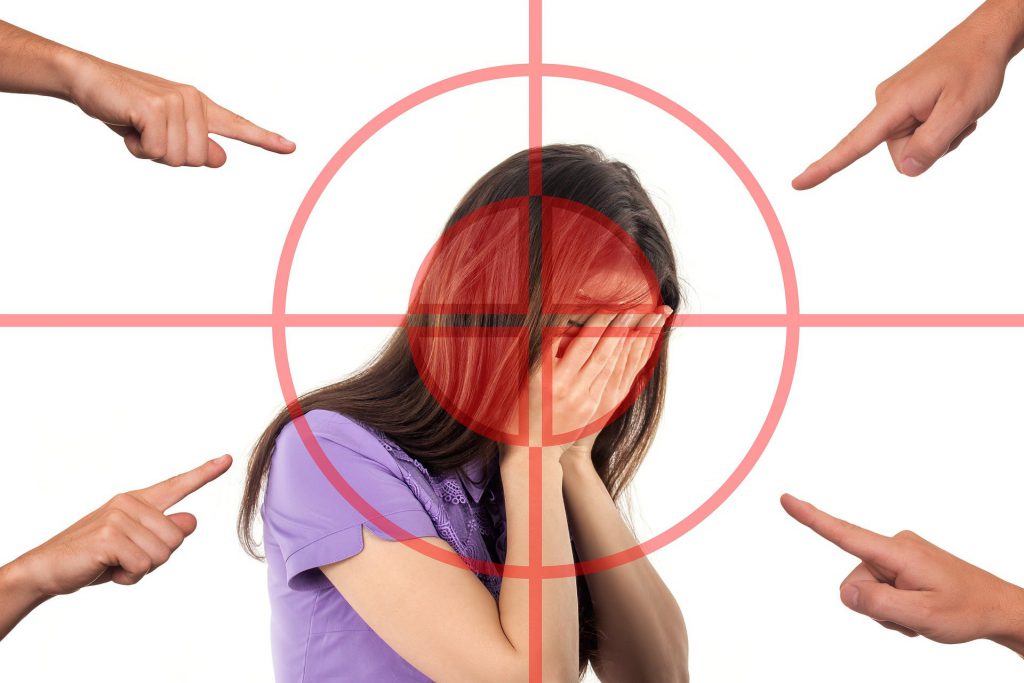

If we move to America, recent statistics show that in one night, 350,000 people with mental illness sleep on the streets. [1] Psychiatry over time often causes people to give up their own family members because of the strain they place. When a family member is mentally ill, this affects the whole family, which then ends up in an unfortunate stress challenge. Mental illness presents major financial challenges throughout the world. For hundreds of years we have had madhouses and stowed away people with mental illnesses without understanding the psyche and technology of human existence.
The technology of human existence is about the human electromagnetic body and how we organize and create our lives from our inner chemistry. It is claimed that some mental illnesses are lifelong and forever. I believe that a lot is about a polluted society and misguided external methods where there is overuse of medication and symptom treatment. I believe that everything can be changed because nothing is static. For hundreds of years we have polluted the earth and the natural, and in the wake of this we now see harmful effects and diseases on humans. Emotional, conscious and spiritual intelligence will contribute to improved mental health.


Many systems experience powerlessness over the enormous mental illnesses and diseases that have flourished, especially in big cities and metropolises. There is a lot of unfortunate self-medication with the use of street medications as a symptom treatment for mental illness. We live in a paradigm of thinking that tells us that medication can cure most things, while both legal and illegal tablets often aggravate mental illness.
We need a new paradigm of thought that includes the totality of human mechanisms and includes the understanding that society's systems, growing up conditions, and all the environment directly affect our health. The world's over-consumption of antipsychotics and medicines gives us a hamster wheel that creates more disease, crime and class division.


I have had several clients who for years have gone to regular treatment classes with psychiatrists at public health trusts, without appreciable improvement in their internal condition. Several of the clients receive medication to cope with everyday life with work, family and leisure. And they get sedatives in the evening so they can sleep. Psychiatrists and doctors are paid for each prescription they prescribe to their clients, as well as the treatment hours they perform.
A client told me that she underwent a major transformation after an hour with me, where years of conversations with a public psychiatrist had not contributed to any improvement. She experienced that the psychiatrist often did not know if they had agreed on a talk time, and she experienced that the psychiatrist only wondered if she came to get a new prescription. She was given various medications to master the various everyday activities, ranging from work, family and sleep. An hour of conversation with this woman led her to stop taking the medication. She activated her inner will and strength to balance life in a better way. Medications can be supportive of a transition period, while many of them in the long run will lead to powerlessness and the maintenance of a state of sacrifice in relation to the life we live.


I believe that the Law of Jante culture is the biggest cause of mental illness and the development of diseases. Most people will not look at their own mistakes, and set up protections and defenses that are the same as condemnation. Several of those who work in health care and in education systems need to be seen and recognized themselves and are unable to provide the help that students and patients need. Some professions drain energy from their students and patients, rather than empowering their fellow human beings, because they themselves are in need. Society will not see its own inadequacies and what we regard as weaknesses. Basically, it is not about raising our children, but about the condemnation that each of us carries. Many children carry heavy backpacks out of darkness and condemnation, as a consequence of the social structures we have. Those who are sensitive usually carry the heaviest backpacks that refer to what they have absorbed from experiences throughout their lives.


In the NRK documentary " Helene checks in ", Helene Sandvig meets people who live and work at various institutions and systems in health care. In the episode " pill-free psychiatry " (2020), we meet Åshild who tells that as a 12-year-old she was depressed and experienced a strong fear of the future. She was diagnosed with severe mental illness, bipolar with psychosis, and was told to go on medication for the rest of her life. She started with mood stabilizing medications. These were to make sure that she did not fall completely into the basement nor fly sky high. After 10 years on this medication, and an almost normal life from anxiety and depression, it ended in psychosis. She describes the psychosis as if the top lid opened, where a lot of information came from the universe. It felt like "little Åshild" got a lot of information about how the universe was connected and worked. Åshild tried to interpret everything she took in, which at this time was perceived as the most important task in her life. The result was forced admission to psychiatry. The medication she then received gave her serious side effects, which among other things led to refusal to eat. The food flowed right through her body. For 11 years, Åshild lived with these side effects from the use of medicine.
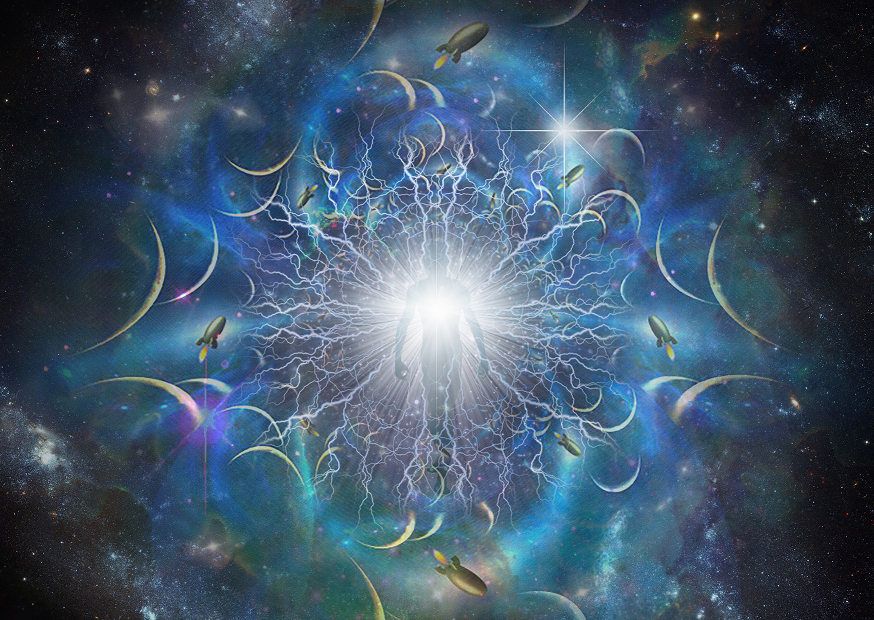

Åshild's psychosis and opening to the universe is about her empathic nature. In the health bibles, I refer to researcher Nassim Haramein who has been scientifically aware that the universe reflects within us. Åshild describes the same thing that several empaths recognize by being connected to the universe and all that is, where humans have access to all information. Unfortunately, it is still the case that the aid apparatus sees this as a disease, while the reality is the exact opposite. Åshild lives from her natural strength of soul which will add great value to humanity, if only we had learned to understand one bigger picture. Åshild is not ill, but has an openness and natural intelligence with a high awareness connected to everything that surrounds humanity. Because psychiatric health care has not yet recognized and understood the gift of sensitive people, we meet both the sick and healthy parts of the personality with medication and symptom relief.
Actually, the picture should have been turned upside down. It is people with pre-programmed consciousness who diagnose people with expanded consciousness and those who live from their natural intelligence. The frightening part of the psyche, which is experienced as anxiety and depression, is about thought programming, where the actual download from the universe itself does not have a fear pattern. We learn that this is wrong, which it actually is not. Many people today are empathetic souls who are "trapped" in a five-sense body where ordinary psychology and ordinary understanding of health and existence have no good script or model. The depression and anxiety that Åshild experiences is, among other things, about the environment she takes in from man-made fear patterns. There are man-made fear patterns that lead to negative energy attacks and disease.
Åshild is in contact with animals, mother earth, the universe, other people, and everything that is in her surroundings. When humans honor their natural intelligence to a lesser degree, they also rob others of their unique intelligence. Åshild gives away her inner strength, intelligence and power to family, friends and the health service who believe that her soul gift is "wrong" and must be medicated away. We need soul psychology and a spiritual framework so that empaths can help five sentient beings, who have limited their access to infinite intelligence, to open up to this access.
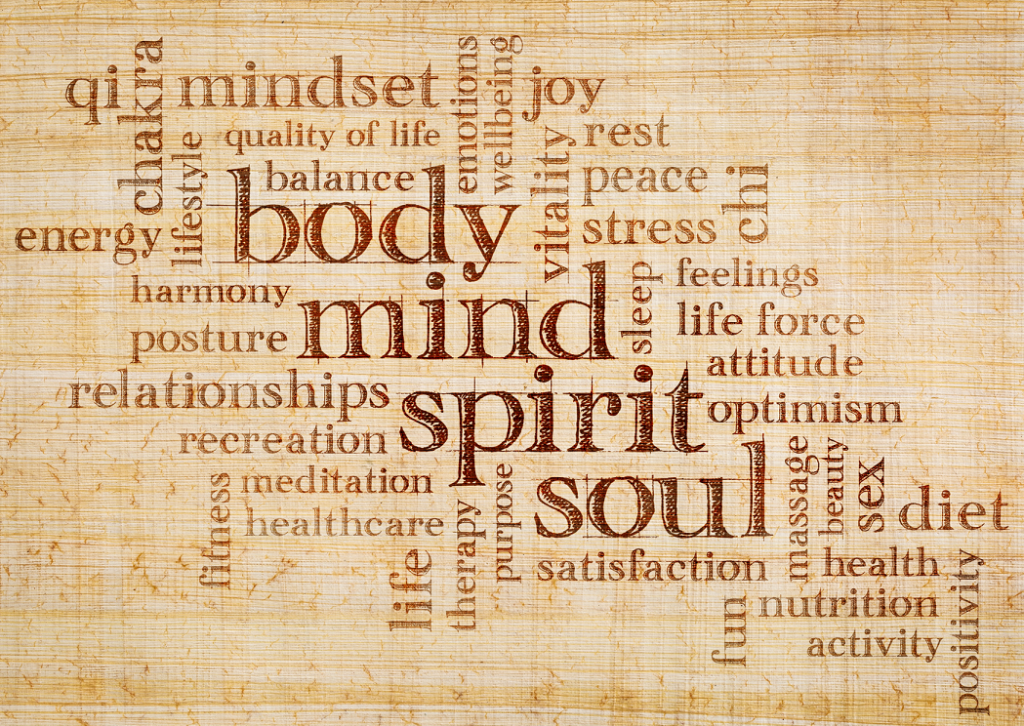

If we are not afraid of our own darkness, but dare to face the dark part of ourselves, I believe that frightening symptoms such as psychosis, anxiety, suicidal thoughts and depression can be a gateway to something bigger. Part of the spiritual perspective is related to the concept of self-transcendence. Self-transcendence means going beyond our individual self. It can be explained as going beyond our own identity, and understanding that we are a small part of something bigger. This is a complex phenomenon that is synchronized with the perception we have of ourselves as an integral part of the universe. Viktor Frankl said that self-transcendence is only possible when people give themselves to someone or something else, and forget themselves. He then refers to a higher experience where personal concerns transcend to allow us to observe what is happening from a larger perspective. Self-transcendence is a personality trait associated with experiencing spiritual ideas. I experience that we practice self-transcendence when we do something greater than ourselves. Åshild's opening and downloading of the complexity of the universe shows us a supportive and evolving perspective.
In the book The Health Bible, I elaborate on the understanding of psychosis with several examples.
